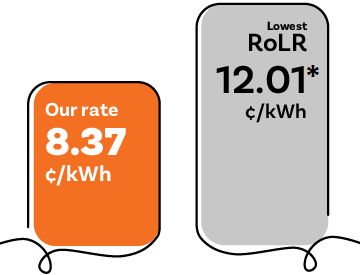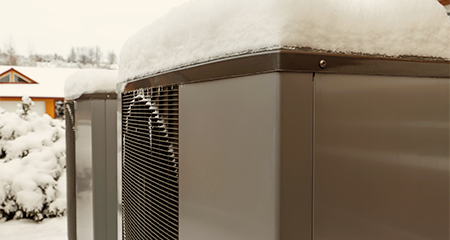On the fence about gas vs. electric furnaces? Learn about the benefits of each and find out which one is right for you.
-
Pay your bill
Please verify your service location to access this:
-
Sign up for fixed rates: 1-855-452-8869Direct Energy customer support: 1-866-374-6299Direct Energy Regulated Services sales & support: 1-866-420-3174
Please verify your service location to access this:
-
Plans for home

Pay less* than the Rate of Last Resort
Get a 2-year fixed-rate with no commitment. Switching takes less than 5 minutes, and you can cancel anytime without penalty.
-
Plans for business

Our energy plans for your business are not one-size-fits-all.
Check out our energy plans for restaurants and learn how to make your business more energy efficient.
-
Learning centre

Your go-to resource for all things energy related in Alberta.
Want to know more about your energy options? Looking for ways to save on energy usage? We're here to help you make an educated decision.
-
Support

Sign up for fixed rates:
Direct Energy customer support:
Direct Energy Regulated Services sales & support:

Pay less* than the Rate of Last Resort
Get a 2-year fixed-rate with no commitment. Switching takes less than 5 minutes, and you can cancel anytime without penalty.

Our energy plans for your business are not one-size-fits-all.
Check out our energy plans for restaurants and learn how to make your business more energy efficient.

Your go-to resource for all things energy related in Alberta.
Want to know more about your energy options? Looking for ways to save on energy usage? We're here to help you make an educated decision.
Please verify your service location to access this:


















